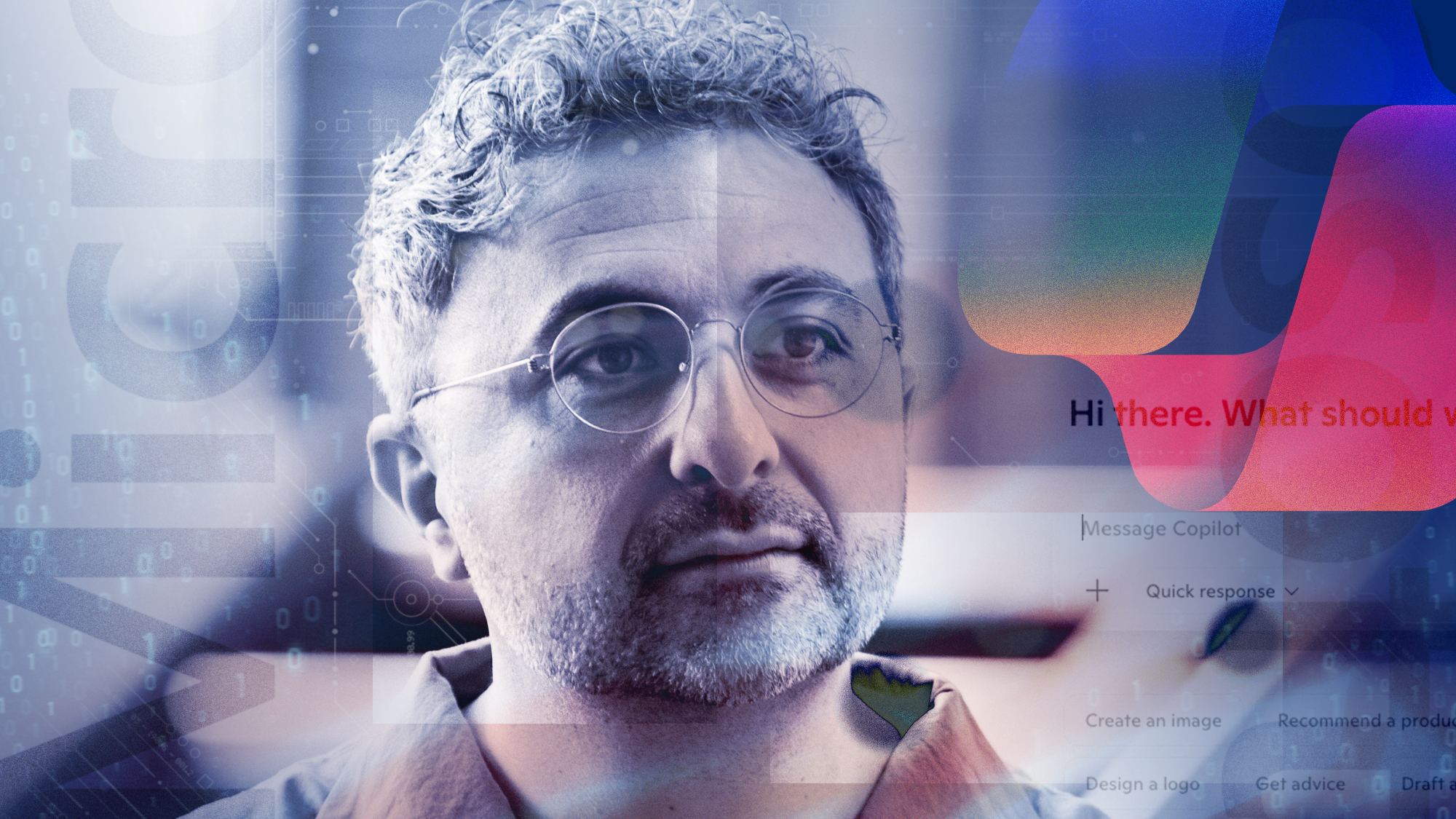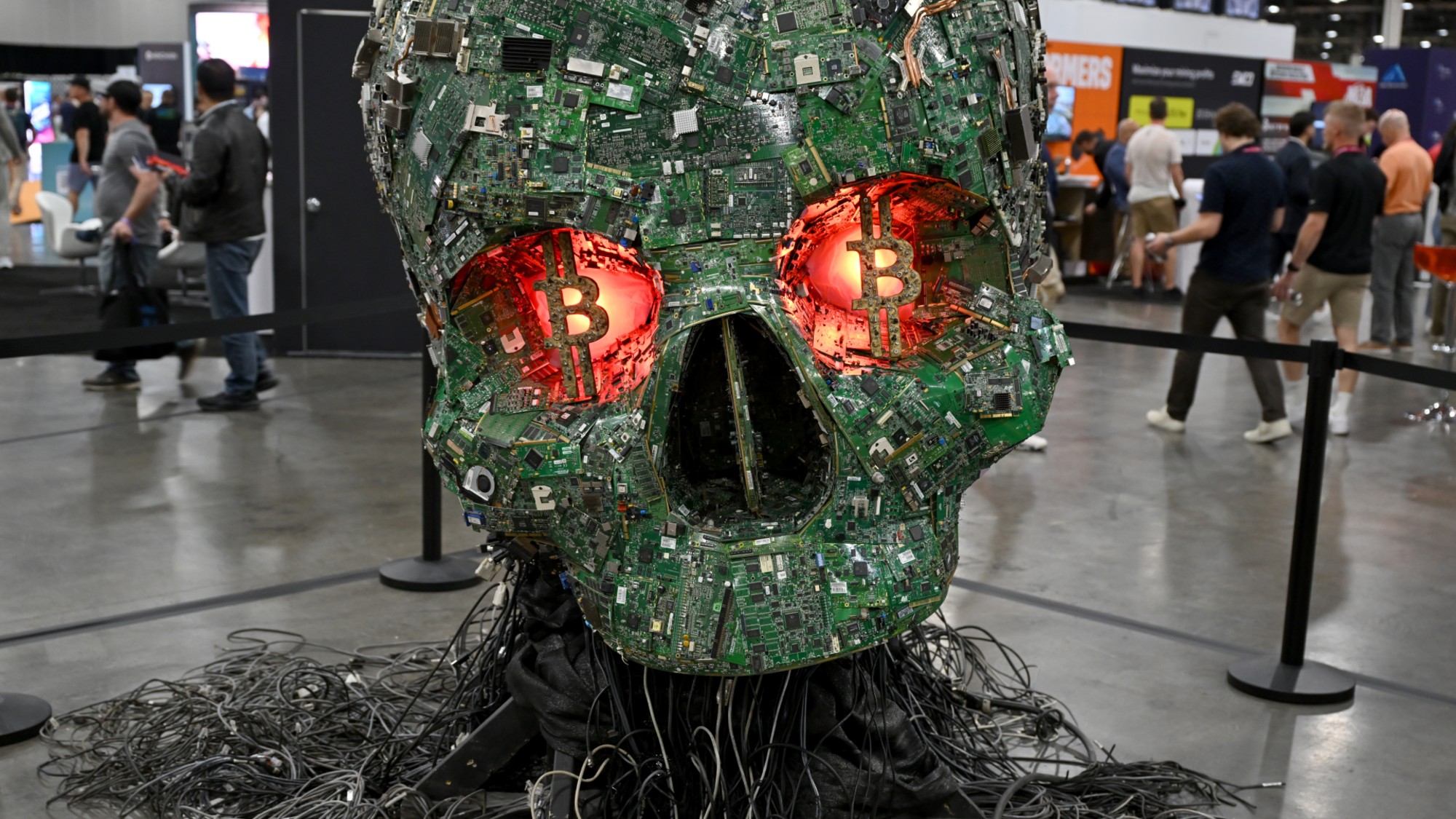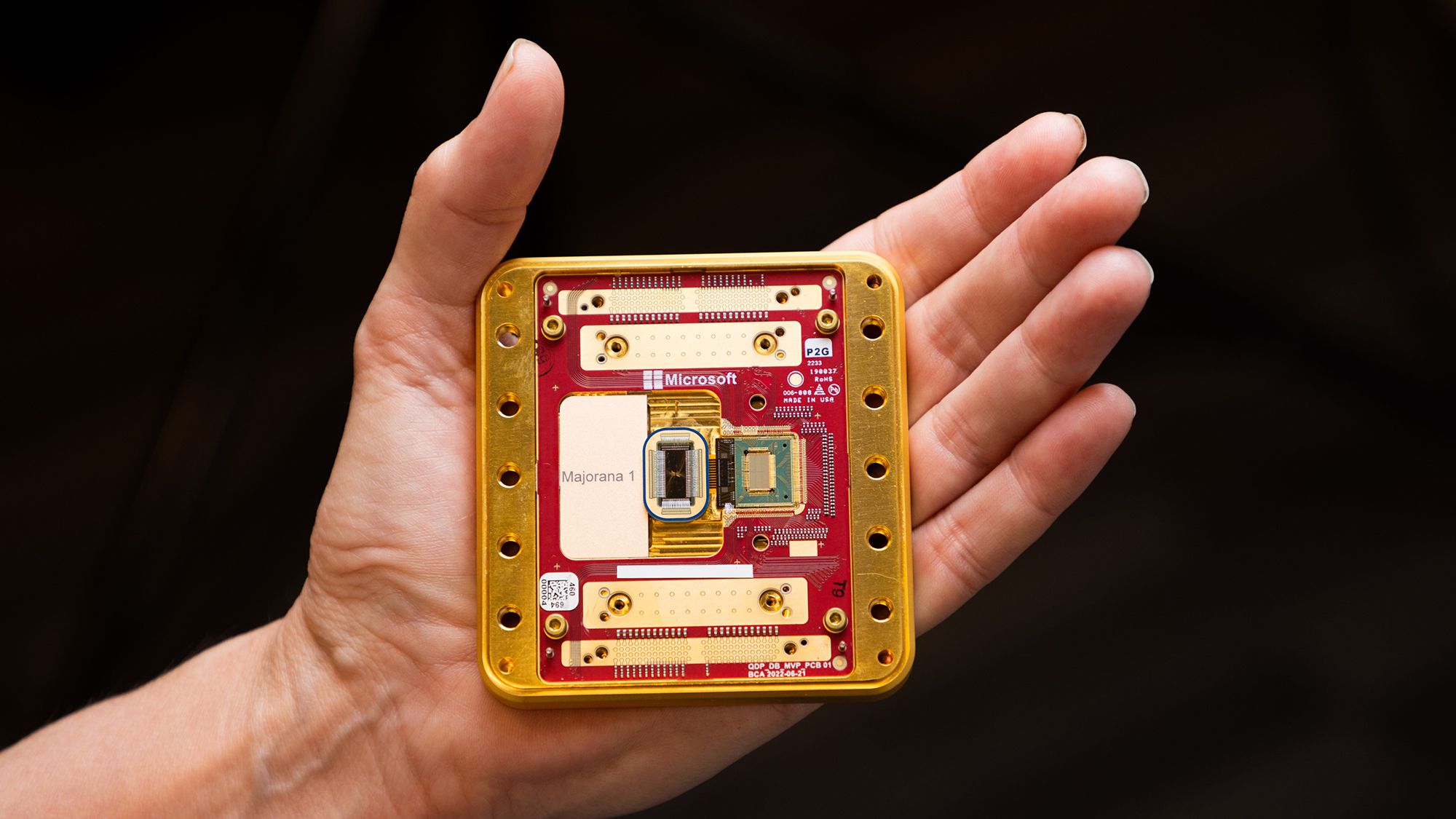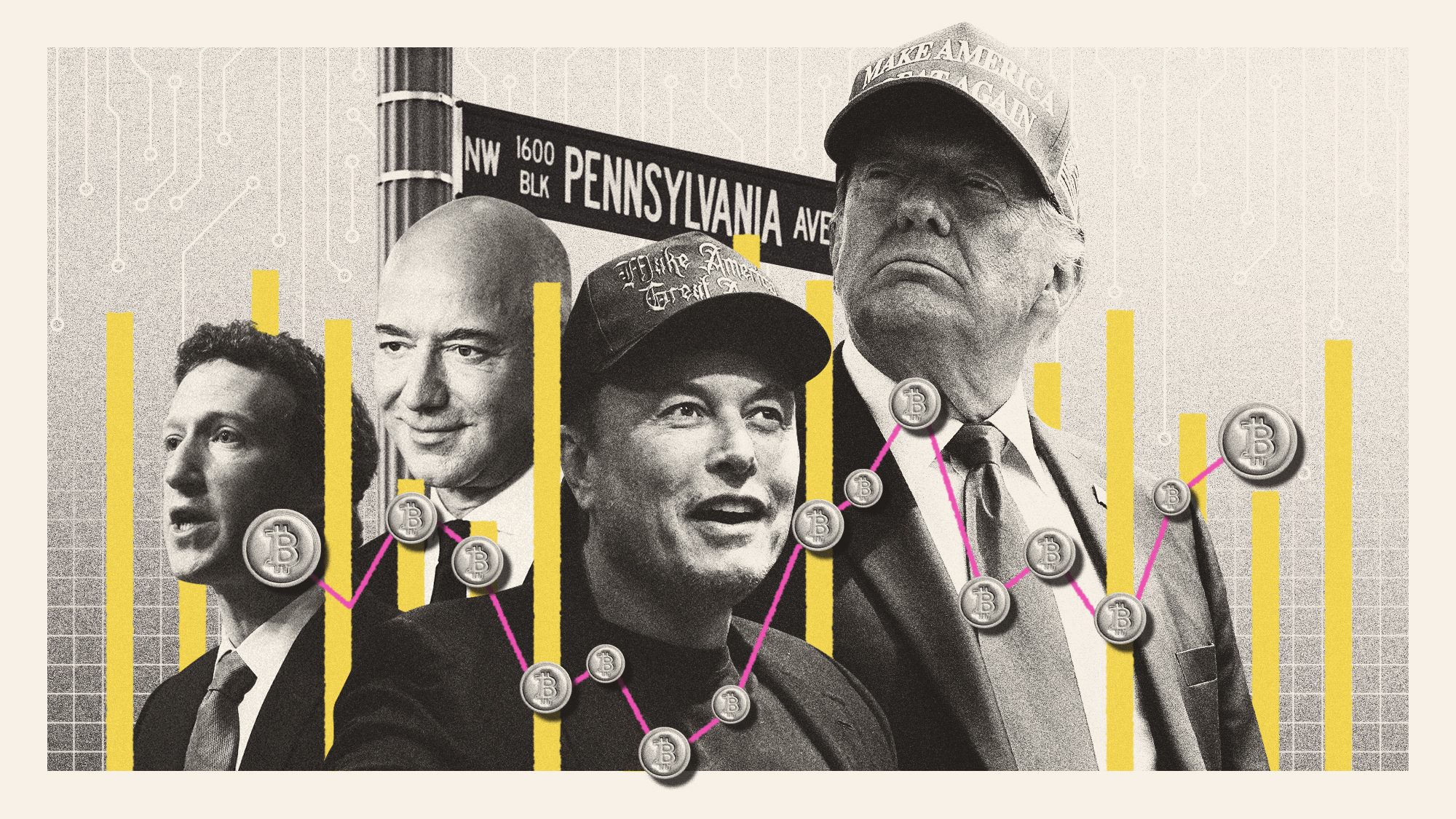Bill Gates: cryptocurrencies ‘cause deaths in a fairly direct way’
Microsoft founder argues that the technology’s anonymity mainly benefits criminals

A free daily email with the biggest news stories of the day – and the best features from TheWeek.com
You are now subscribed
Your newsletter sign-up was successful
Tech entrepreneur Bill Gates has warned that cryptocurrencies have a deadly effect, by enabling anonymous payments that hinder law enforcers hunting down criminals.
“The main feature of cryptocurrencies is their anonymity,” Gates argued. “I don’t think this is a good thing.”
The Microsoft founder spoke out after being asked about his views on digital coins by a fan during an “Ask me anything” session on Reddit. “Right now, cryptocurrencies are used for buying fentanyl and other drugs, so it is a rare technology that has caused deaths in a fairly direct way,” Gates added.
The Week
Escape your echo chamber. Get the facts behind the news, plus analysis from multiple perspectives.

Sign up for The Week's Free Newsletters
From our morning news briefing to a weekly Good News Newsletter, get the best of The Week delivered directly to your inbox.
From our morning news briefing to a weekly Good News Newsletter, get the best of The Week delivered directly to your inbox.
When another Reddit user argued that real-world money can also be used anonymously, he replied: “Yes - anonymous cash is used for these kinds of things, but you have to be physically present to transfer it, which makes things like kidnapping payments more difficult.”
Cryptocurrencies, such as bitcoin, are not “innately anonymous” as every transaction is logged on a public online ledger, says tech news website BGR.
What Gates is probably referring to is the technology’s lack of government regulation, which makes it easier for criminals “to cash out cryptocurrencies in secret”, the website adds.
Gates also had “harsh words” for other emerging technologies, The Guardian reports.
A free daily email with the biggest news stories of the day – and the best features from TheWeek.com
“I am not sure the Hyperloop makes sense,” he said, arguing that it would be “hard” to make the high-speed transport concept, developed by SpaceX founder Elon Musk, safe enough for public use.
But according to the newspaper, Gates was “positive about the overall direction of technology”, and dismissed fears over the impact of automation on jobs.
“Automation has been driving productivity ever since the industrial revolution including things like tractors and garment making,” he said. “Eventually we won't have to work as much, but we are still at least a generation away from a big change there.”
-
 ‘Poor time management isn’t just an inconvenience’
‘Poor time management isn’t just an inconvenience’Instant Opinion Opinion, comment and editorials of the day
-
 Bad Bunny’s Super Bowl: A win for unity
Bad Bunny’s Super Bowl: A win for unityFeature The global superstar's halftime show was a celebration for everyone to enjoy
-
 Book reviews: ‘Bonfire of the Murdochs’ and ‘The Typewriter and the Guillotine’
Book reviews: ‘Bonfire of the Murdochs’ and ‘The Typewriter and the Guillotine’Feature New insights into the Murdoch family’s turmoil and a renowned journalist’s time in pre-World War II Paris
-
 Why 2025 was a pivotal year for AI
Why 2025 was a pivotal year for AITalking Point The ‘hype’ and ‘hopes’ around artificial intelligence are ‘like nothing the world has seen before’
-
 Why Trump pardoned crypto criminal Changpeng Zhao
Why Trump pardoned crypto criminal Changpeng ZhaoIn the Spotlight Binance founder’s tactical pardon shows recklessness is rewarded by the Trump White House
-
 Microsoft pursues digital intelligence ‘aligned to human values’ in shift from OpenAI
Microsoft pursues digital intelligence ‘aligned to human values’ in shift from OpenAIUNDER THE RADAR The iconic tech giant is jumping into the AI game with a bold new initiative designed to place people first in the search for digital intelligence
-
 How the online world relies on AWS cloud servers
How the online world relies on AWS cloud serversThe Explainer Chaos caused by Monday’s online outage shows that ‘when AWS sneezes, half the internet catches the flu’
-
 Bitcoin braces for a quantum computing onslaught
Bitcoin braces for a quantum computing onslaughtIN THE SPOTLIGHT The cryptocurrency community is starting to worry over a new generation of super-powered computers that could turn the digital monetary world on its head.
-
 The noise of Bitcoin mining is driving Americans crazy
The noise of Bitcoin mining is driving Americans crazyUnder the Radar Constant hum of fans that cool data-centre computers is turning residents against Trump's pro-cryptocurrency agenda
-
 Microsoft unveils quantum computing breakthrough
Microsoft unveils quantum computing breakthroughSpeed Read Researchers say this advance could lead to faster and more powerful computers
-
 What Trump's win could mean for Big Tech
What Trump's win could mean for Big TechTalking Points The tech industry is bracing itself for Trump's second administration